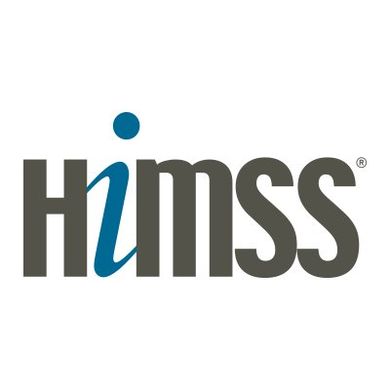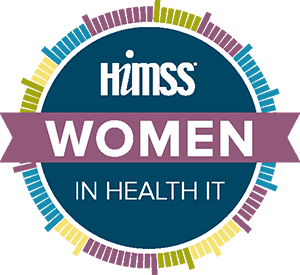
It’s time for us to reimagine the future of healthcare information technology. More specifically, it’s time for us to rethink the management of personal health information, i.e. data from electronic health records (EHRs) and wearable devices. Data will continue to drive the technology that is becoming increasingly intertwined in our everyday lives and this remains especially true for healthcare.
From internet-enabled medical devices to fitness trackers, developments in digital health are creating new opportunities for comprehensive patient care and raising new questions about the ethical management of healthcare data. At Patientory, we believe the correct application of blockchain technology will allow us to effectively take advantage of these opportunities and provide answers to some of these questions.
Challenges for Comprehensive Care
Despite the advent of EHRs, medical records still suffer from a lack of interoperability. IT systems are often siloed and unique to the provider, which means a large amount of time and resources are spent simply requesting, sending, and compiling health information. This makes it challenging to create a comprehensive picture of an individual’s health across multiple providers, especially when there are variations in insurance coverage and geographic location over time.
Additionally, we are starting to see an increase in clinicians relying on patient-generated health data in conjunction with clinical data. This type of information includes health histories, symptoms, lifestyle choices, biometrics, etc., and can better inform care decisions because it provides valuable insight into an individual’s overall health and well-being in between medical visits. While patient portals and EHRs allow for a small portion of this data to be compiled, today’s technologies could be leveraged more effectively to improve health outcomes.
Challenges for Healthcare Data Management
In addition to being siloed, legacy healthcare IT systems are often aging and lacking in robust cybersecurity measures. Hospitals are particularly appealing targets for cyberattacks because their daily operations rely heavily on up-to-date information from electronic medical records, and stolen health information is worth ten times more than a credit card number on the black market. And the more an EHR is fragmented across multiple providers, the higher the patient’s risk of personal data being exposed to people with malicious intent.
Since all of a provider’s EHRs are stored in one place, a successful breach will give a hacker access to all of that information at once. What’s especially troubling about this is that individuals have little control over the storage of their own personal health data and can do little to prevent this. There is an overall lack of patient control when it comes to the access and use of their own medical data, and this reflects broader societal questions about data management. Legislation, including HIPAA, simply has not caught up to the growing role of data in our lives.
Blockchain as a Solution
When applied to EHRs, blockchain can potentially address these issues. A blockchain consists of encrypted blocks of data that are immutable and linked together chronologically in a chain. In a healthcare setting, these blocks of data could be doctor’s appointments, surgical procedures, x-ray images, prescriptions, blood test results, patient-generated health data, etc. Copies of the blockchain would be distributed across a specified network of users and any additions to the chain would be updated for all users in real-time. Individuals would be in charge of sharing the decryption key for their own associated blocks of data with their chosen healthcare provider(s).
With a distributed application like Patientory’s, individuals would have access to a comprehensive picture of their health that includes compiled data from EHRs and wearable devices. Breaking the silos of traditional medical record storage would not only make the process of sharing EHRs significantly easier, but also result in more robust security. By integrating with PTOYNet distributed and decentralized blockchain network our application is able to adhere to both HIPAA and robust security standards.





